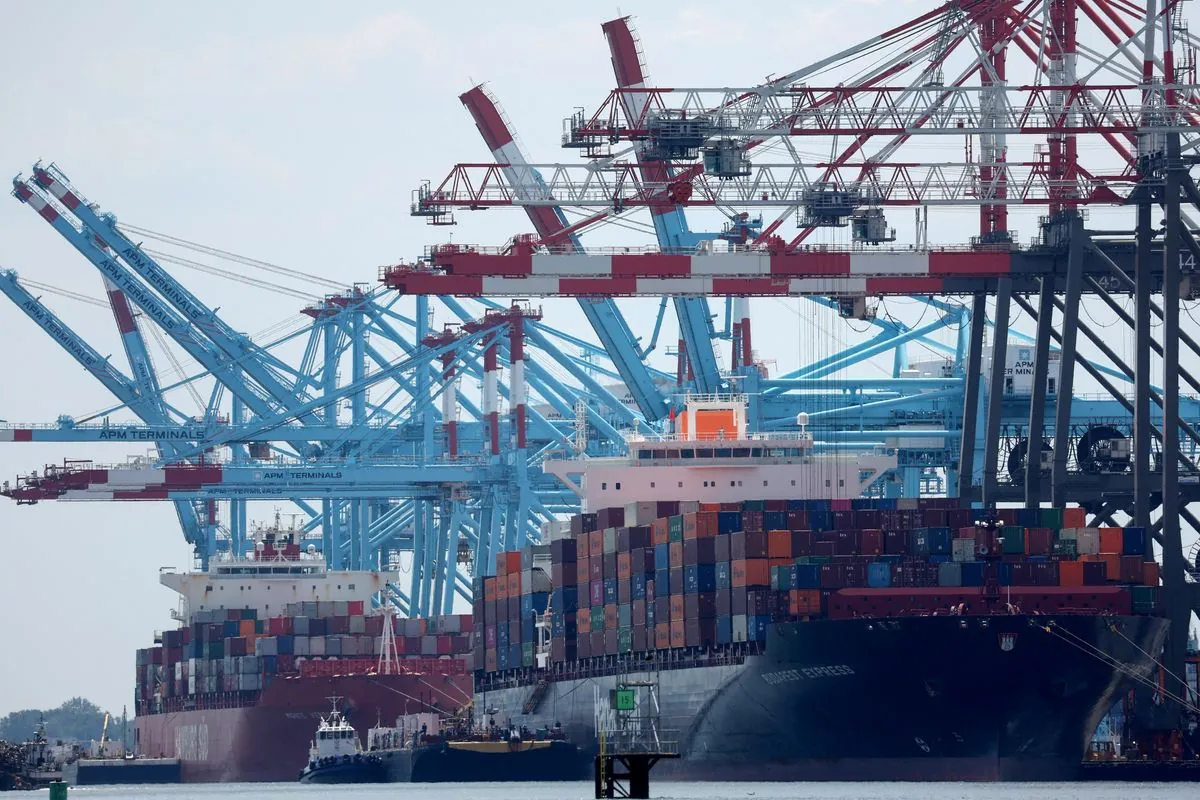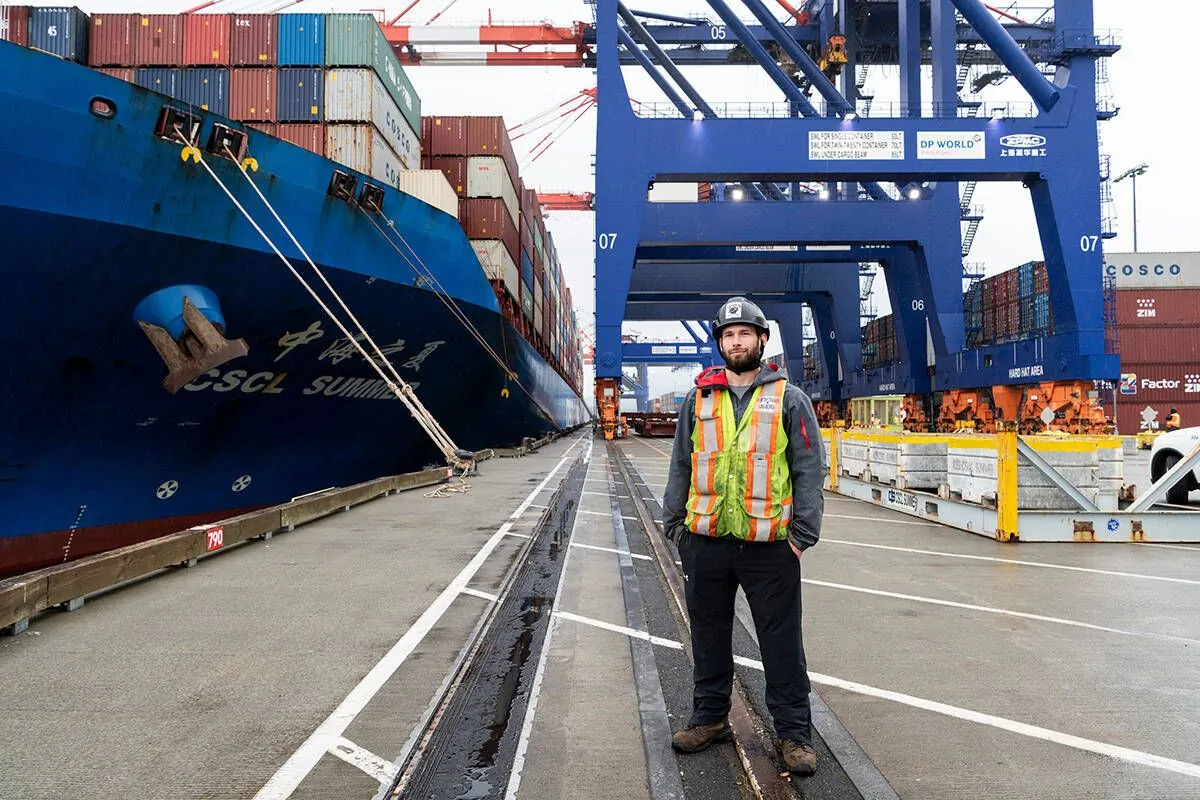Looming Port Strike Threatens U.S. East and Gulf Coast Trade
Potential walkout of 45,000 union workers at major U.S. ports could disrupt trade, affect various industries, and impact the economy. The strike, if it occurs, would be the first since 1977.

A potential labor dispute at key U.S. ports is raising concerns about significant trade disruptions. Approximately 45,000 union workers may initiate a strike on October 1, 2024, affecting 36 ports along the East and Gulf Coasts. These facilities handle about half of the nation's ocean imports, potentially impacting the availability of various goods and creating extensive backlogs.
The International Longshoremen's Association (ILA), established in 1892, represents workers at ports from Maine to Texas. Negotiations with the United States Maritime Alliance, formed in 1997, have reached an impasse over compensation. The current agreement is set to expire on September 30, 2024, and if no resolution is reached, it would mark the first ILA strike since 1977.
The White House has stated it will not intervene in the negotiations, unlike its involvement in West Coast port talks last year. This stance leaves the parties to resolve the dispute independently.

The potential strike could significantly impact various industries:
Automotive sector:
- $37.8 billion worth of vehicle imports processed in the year ending June 30, 2024
- Port of Baltimore leads the nation in car shipments
- Auto parts imports, especially from Europe, could face difficulties
Machinery and manufacturing:
- $97.4 billion in machinery shipments
- $16.2 billion in fabricated steel
- $15.5 billion in precision instruments
Agriculture and food:
- 75% of U.S. banana imports from countries like Ecuador, the world's largest banana exporter
- Significant impact on soybean exports (U.S. is the world's largest soybean exporter)
- Affects coffee, cocoa imports, and cotton exports (U.S. is the world's largest cotton exporter)
- Disruption to meat and poultry exports
Pharmaceuticals:
- Over 91% of containerized pharmaceutical imports
- 69% of containerized pharmaceutical exports
- Port of Norfolk, home to the world's largest naval base, handles one-third of U.S. containerized medication exports
- Port of Charleston, dating back to 1670, processes nearly one-third of containerized pharmaceutical imports
Consumer goods:
- $32.8 billion in apparel imports
- $23.4 billion in furniture imports
The strike's impact could extend beyond these industries. The Port of New York and New Jersey, the largest container port on the East Coast, along with ports in Savannah, Houston, Norfolk, and Charleston, handled over 1.5 million Twenty-foot Equivalent Units (TEUs) valued at $83.7 billion in August 2024 alone.
Experts warn that even a short-term work stoppage could have prolonged effects. Maersk, the world's largest container shipping company, estimates that a one-week shutdown might require up to six weeks for recovery, with significant backlogs and delays compounding each day.
While the strike would primarily affect container cargo, energy shipments through Gulf Coast ports, which handle about 45% of U.S. petroleum refining capacity, would likely remain unaffected. Similarly, coal exports from Norfolk, Virginia, are not expected to be impacted.
As the situation unfolds, businesses and consumers alike are bracing for potential disruptions and increased costs in the coming weeks.


































